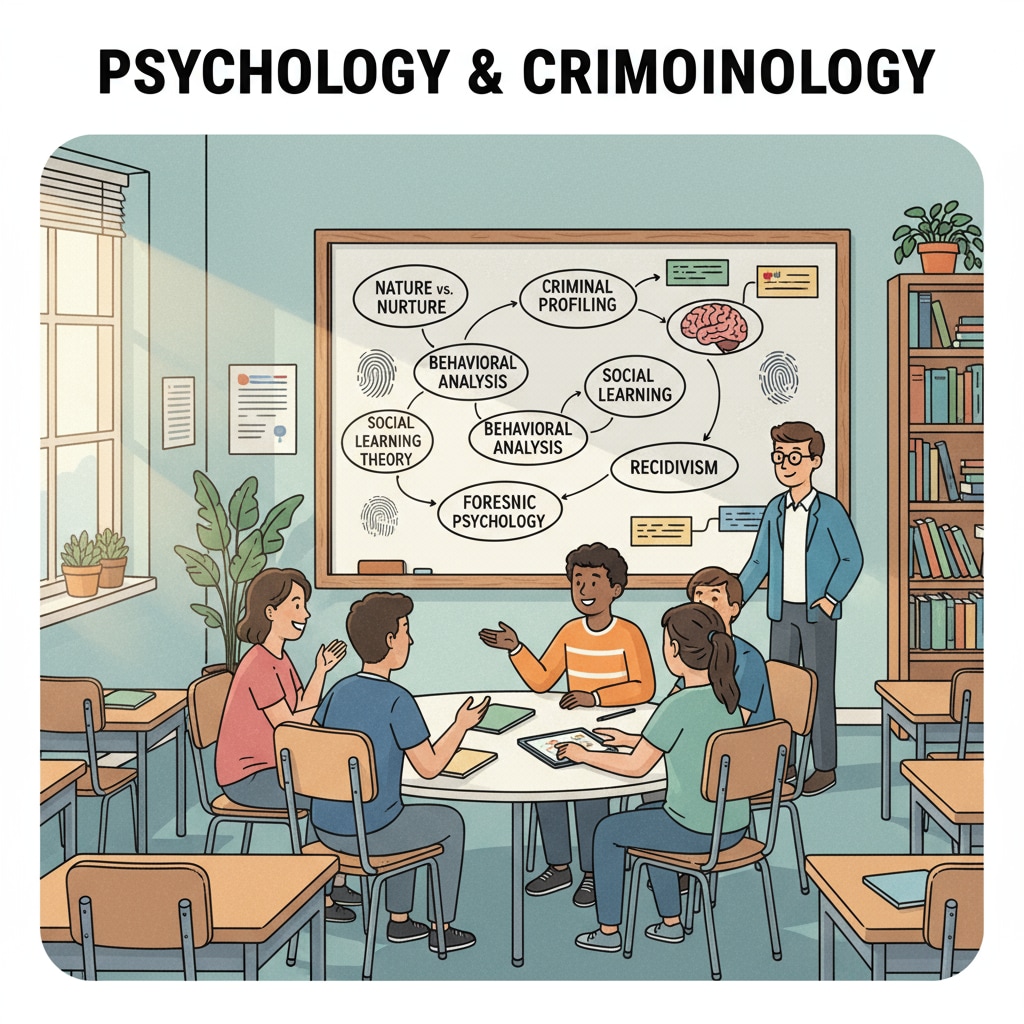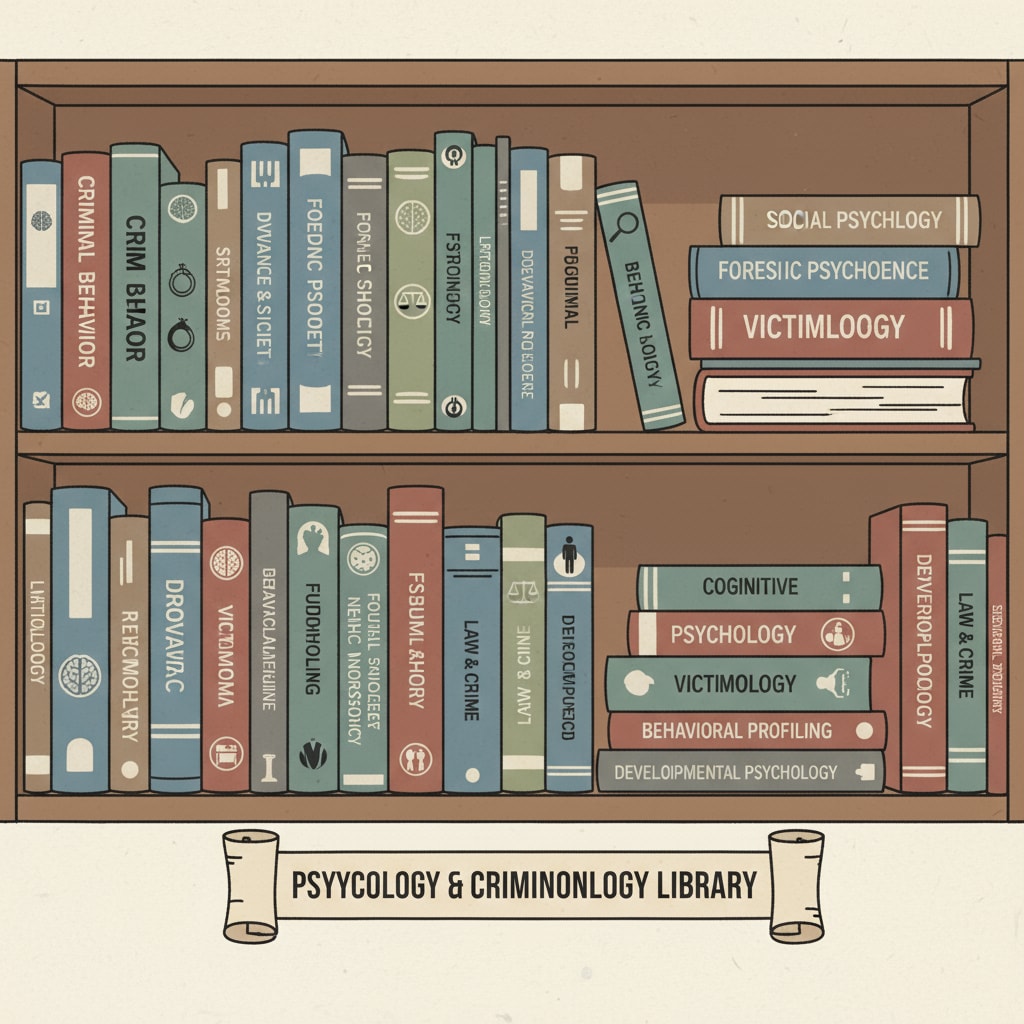Dual degrees in psychology and criminology are becoming increasingly popular among students with aspirations in the legal and social sciences fields. In this article, we will explore the value these dual degrees hold, the challenges they present, and how students in the K12 phase can prepare for them.

As students consider their academic paths, understanding the differences between dual and single degrees is crucial.
The Value of Dual Degrees in Psychology and Criminology
Dual degrees in psychology and criminology offer a unique blend of knowledge. Psychology provides insights into human behavior, motivation, and mental processes. Criminology, on the other hand, focuses on the study of crime, its causes, and prevention. Criminology on Wikipedia Combining these two disciplines equips students with a comprehensive understanding of criminal behavior. For example, in a court case, a professional with this dual degree can analyze the psychological state of a defendant, which can be invaluable in legal proceedings.

Comparing with Single Degrees
Single degrees, while providing in-depth knowledge in one area, may lack the breadth that dual degrees offer. A single degree in psychology might not cover the legal and criminal aspects in detail. Similarly, a single criminology degree may not delve deeply into the psychological factors influencing criminal behavior. However, dual degrees require more time and effort, which leads us to the topic of pressure. Psychology on Britannica
The Pressure of Pursuing Dual Degrees
The workload for dual degree students is significantly higher. They have to juggle multiple courses from both disciplines. This can lead to stress and burnout. Additionally, maintaining a good GPA in both areas is challenging. For instance, if a student is struggling with a difficult psychology theory while also having to study complex criminology concepts, it can be overwhelming. However, with proper time management and support systems, this pressure can be managed.
Preparing for dual degrees in psychology and criminology during the K12 phase is a wise strategy. Students can start by taking relevant courses such as social studies, science, and language arts. These courses build a strong foundation. Reading books and articles on psychology and criminology can also spark interest and provide early exposure.
In conclusion, dual degrees in psychology and criminology offer great value in terms of knowledge and career opportunities. While they come with their fair share of pressure, with careful planning and preparation starting from the K12 stage, students can successfully navigate this academic path. It’s a journey that combines two fascinating fields to create a well-rounded professional.
Readability guidance: Short paragraphs and lists are used to summarize key points. Each H2 has a list or clear explanation. The proportion of passive voice and long sentences is controlled, and transition words are added throughout the text.


